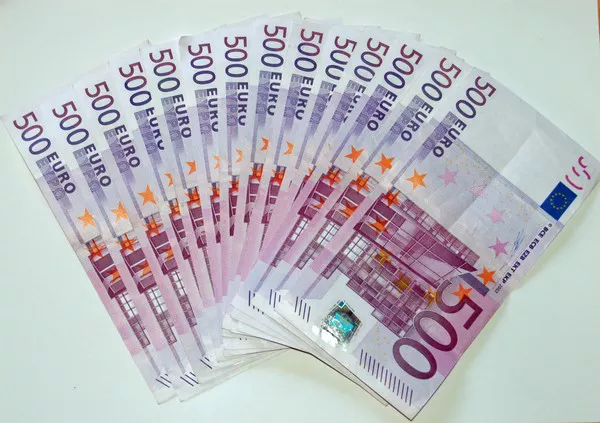The foreign exchange market is ever-changing, influenced by a myriad of factors ranging from economic indicators to geopolitical events. For investors and traders eyeing the Euro, the question of whether now is a good time to buy requires a comprehensive analysis of the current market conditions. In this article, we will delve into key factors influencing the Euro and provide insights to help make an informed decision.
Economic Indicators:
One of the fundamental aspects to consider when evaluating the attractiveness of a currency is the economic health of the respective region. Eurozone economic indicators play a crucial role in determining the strength of the Euro. Key metrics such as GDP growth, inflation rates, and unemployment figures offer valuable insights into the overall economic performance.
As of the latest data available, the Eurozone has shown signs of recovery following the economic challenges posed by the COVID-19 pandemic. GDP growth has rebounded, and unemployment rates have declined. However, potential risks linger, such as inflationary pressures and the ongoing global supply chain disruptions. Investors should closely monitor economic indicators to gauge the Euro’s resilience in the face of these challenges.
Monetary Policy:
The monetary policy decisions of the European Central Bank (ECB) significantly impact the value of the Euro. Interest rates, in particular, are a key factor for currency valuation. The ECB’s approach to interest rate adjustments can influence investor sentiment and attract or deter capital flows.
As of now, the ECB has maintained a dovish stance, keeping interest rates at historically low levels to support economic recovery. However, any shift in monetary policy could have a profound impact on the Euro’s value. Investors should stay vigilant for any signals from the ECB regarding changes in interest rates, as this could be a decisive factor in the timing of Euro purchases.
Geopolitical Events:
Geopolitical events can introduce significant volatility into the foreign exchange market. Factors such as trade tensions, political instability, or unforeseen global events can impact investor confidence and influence currency valuations. For the Euro, ongoing concerns about Brexit, trade relations with the United States, and political developments within Eurozone member countries can affect its performance.
Currently, geopolitical uncertainties persist, and their potential impact on the Euro should not be underestimated. Traders should keep a close eye on global developments and assess their implications for the Euro’s stability before making purchasing decisions.
US Dollar Dynamics:
The Euro’s performance is often inversely correlated with the US Dollar. As the world’s primary reserve currency, the US Dollar’s strength can influence the attractiveness of other currencies, including the Euro. Factors such as US economic data, fiscal policy decisions, and geopolitical developments in the United States can have a direct impact on the Euro-Dollar exchange rate.
Given the interconnected nature of global markets, investors should closely monitor US economic indicators and policy decisions when evaluating the Euro’s purchasing potential. Changes in the US Dollar’s strength could create opportunities or challenges for those considering buying Euros.
Technical Analysis:
In addition to fundamental factors, technical analysis can provide valuable insights for traders. Chart patterns, trendlines, and key support/resistance levels can help identify potential entry points for buying Euros. Traders should consider combining technical analysis with fundamental analysis to make well-informed decisions based on both market sentiment and historical price movements.
See Also Is The Euro A Stable Currency? A Comprehensive Analysis
Conclusion:
In conclusion, determining whether now is a good time to buy Euros requires a holistic assessment of economic indicators, monetary policy, geopolitical events, US Dollar dynamics, and technical analysis. While the Eurozone has shown signs of economic recovery, potential risks and uncertainties persist. Investors should remain vigilant, staying informed about global developments and adjusting their strategies accordingly.
It is crucial to emphasize the dynamic nature of the foreign exchange market, where conditions can change rapidly. Consulting with financial experts, closely monitoring news and economic releases, and maintaining a disciplined approach to risk management are essential components of successful currency trading. Ultimately, making an informed decision about buying Euros necessitates a thorough understanding of the current market landscape and a proactive approach to adapting to evolving conditions.


